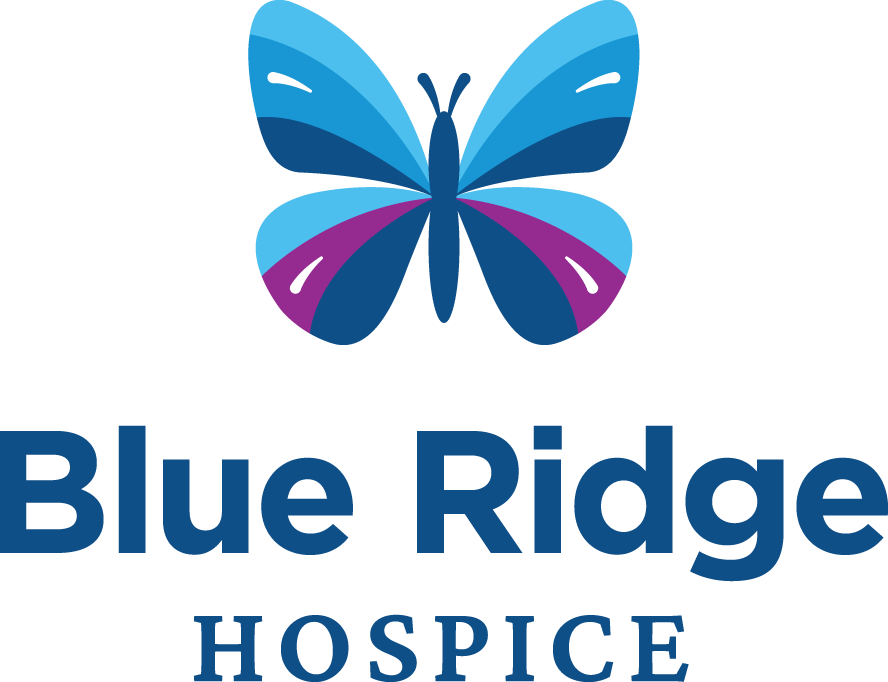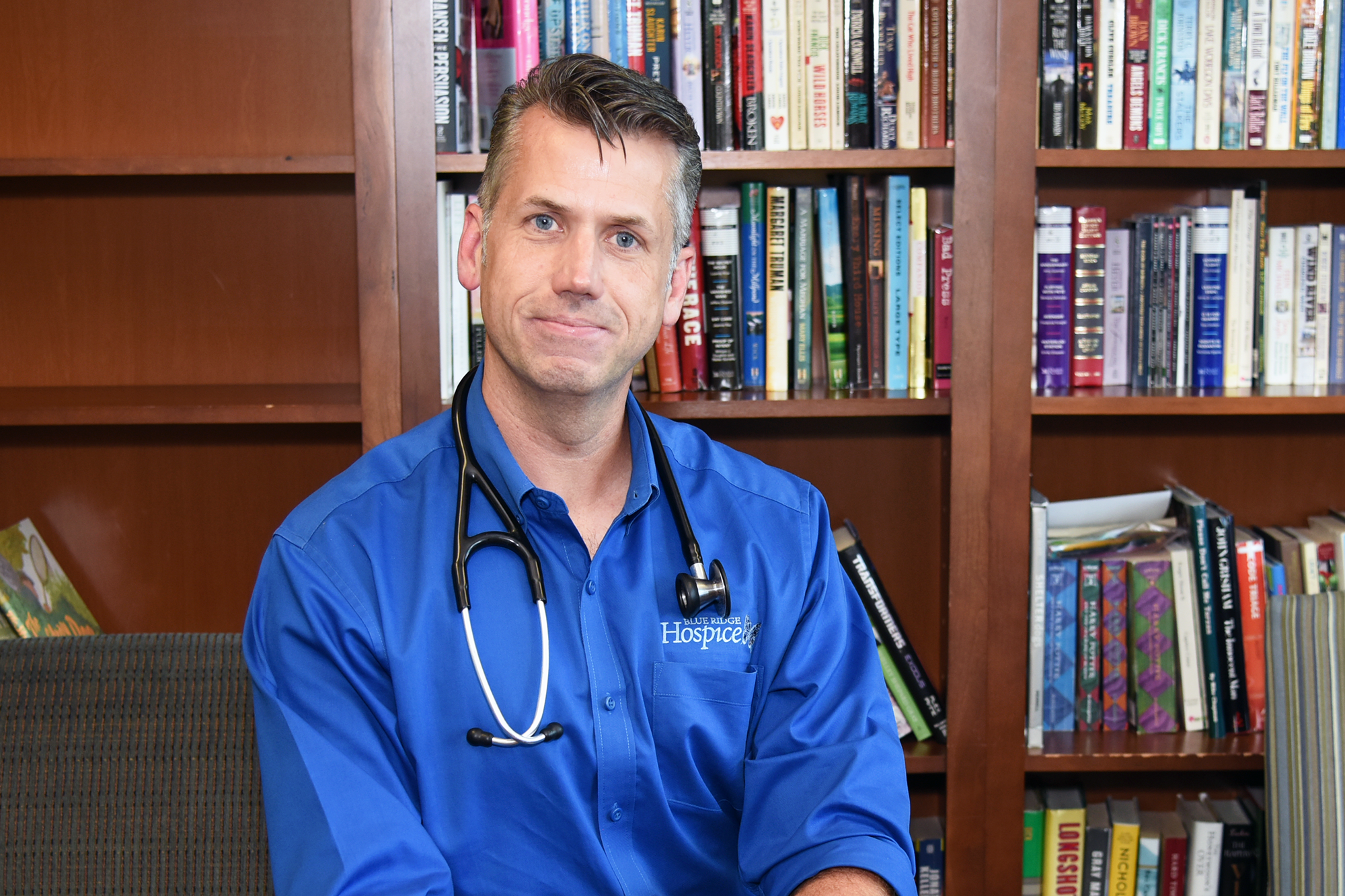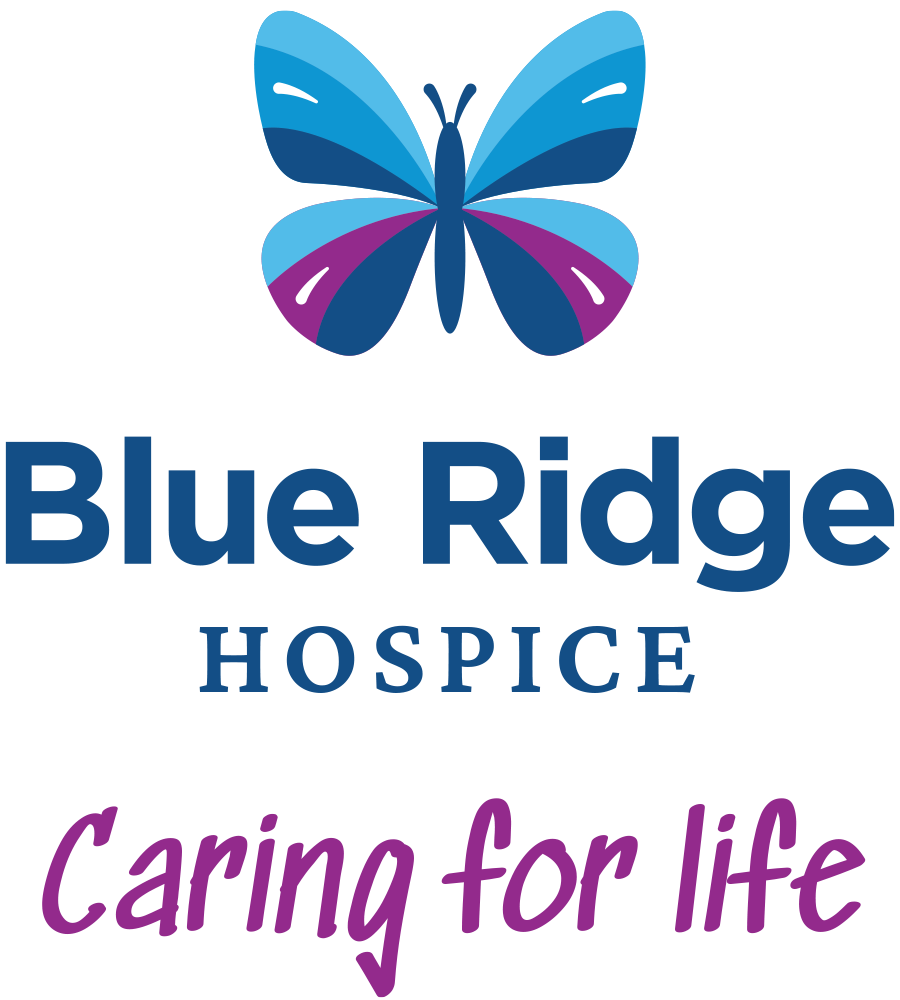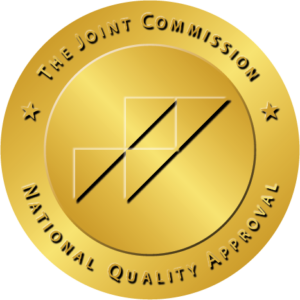I’ve always believed that some of the greatest gifts I receive from being a hospice physician are the lessons I am taught by my patients. Indeed, we all have things to learn from each other in this world, if we pay attention, but there are special lessons taught to us by those who are preparing to die. The clarity of this reality often brings into focus the elements of life we wish we would prioritize more: meaningful time with family, service to others, appreciating a sunset.
My patients have many more yesterdays than tomorrows and it is in this context that they are living examples of what matters most.
And now, former President Jimmy Carter, a man who has dedicated his life to helping others, is teaching the world this same lesson.
At 98, President Carter has lived a life defined by service. His years in the Navy to his time as a farmer, Georgia State Governor and ultimately President of the United States were only a prelude to his second act in life. Since leaving the White House, he has taught the world what giving back truly looks like. Whether it was helping to reduce the prevalence of curable diseases around the globe through the efforts of the Carter Center to hanging drywall on a Habitat for Humanity build site, improving the day-to-day existence of people has been his life’s passion.
Now, after beating melanoma and a brain tumor in 2015 as well as recovering from various other illnesses, he has made the decision to serve one more time. Carter’s graceful acceptance of hospice care at home has allowed for the valuable national discussion of what end of life care is and how it should be viewed.
It has provided daylight to shine on a topic many Americans would rather not think, much less talk about – dying.
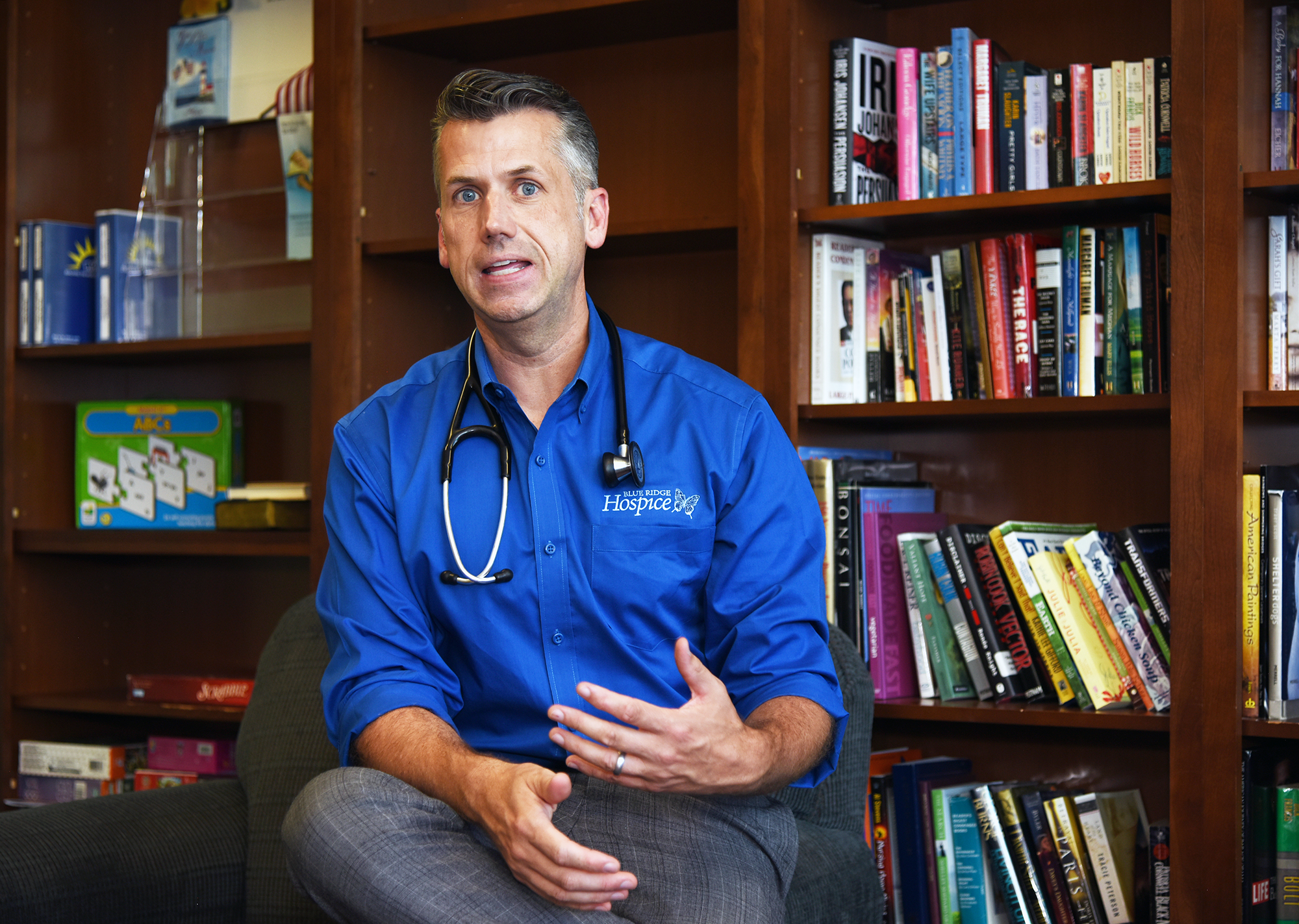
Photo by Lauri Bridgeforth for Blue Ridge Hospice, 2022.
I realize I may be somewhat biased but hospice care is one of healthcare’s greatest secrets. So often is the case I will hear a spouse or loved one of a patient admit to me they wish they had enrolled in hospice sooner if they had only known more about it at the time. Indeed, the idea of transitioning to comfort care and leaving the familiar landscape of curative medicine can be a scary prospect.
But when someone who is living with a terminal diagnosis has made the personal decision that quality of life now matters more than the amount of days left, hospice care can be an essential part of that individual’s life journey. As a member of a hospice team, I have seen the everyday heroics performed at the bedside by nurses and certified nursing assistants. I have seen joy appear on faces during a session with a music therapist. I have seen the quiet gratitude of companionship that comes from cherished time with a volunteer.
It is a privilege to bear witness to these magic moments in hospice; moments that so many others never get to experience.
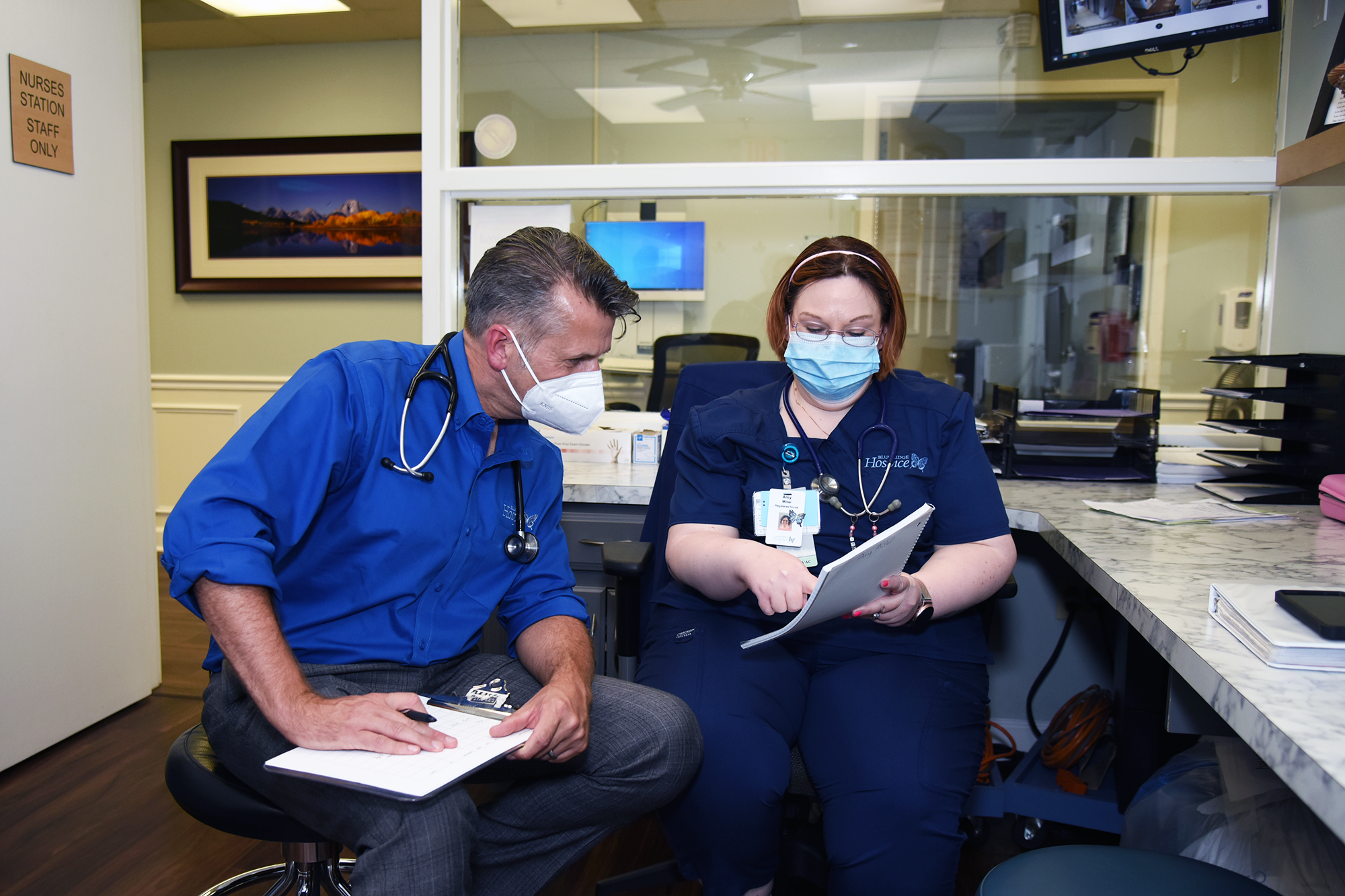
Photo by Lauri Bridgeforth for Blue Ridge Hospice, 2022.
Now, in his final chapter, President Carter is reminding us that serving others with a focus on improving their quality of life is a calling we can all meet in our own way. He is reminding us that life doesn’t end with the decision to elect hospice care. In fact, for many, life may take on a new and deeper meaning. The former President is also teaching us that how we live our final days is just as important as how we lived our days in decades past.
Recently, I stumbled on a quote of his that I think sums up these sentiments much better than I can:
“What are the things that you can’t see that are important? I would say justice, truth, humility, service, compassion, love. You can’t see any of those, but they’re the guiding lights of a life”.
Well said, Mr. President. Well said.
